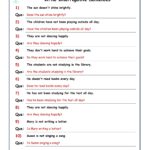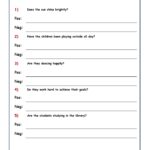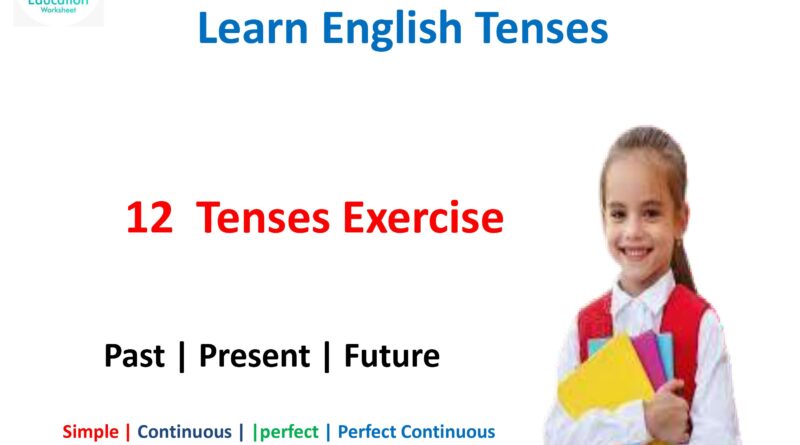Learn English Tenses
Learn English Tenses
Mastering English Tenses: A Comprehensive Guide
Introduction to English Tenses
Understanding Learn English Tenses is crucial for mastering the language. Tenses indicate the time at which an action takes place and are essential for constructing meaningful and accurate sentences. This guide will help you navigate through the complexities of English tenses with ease.

Learn English Tenses of Present Tense
Simple Present
Usage: For habitual actions, general truths, and fixed arrangements. Example: She drinks coffee every morning.
Present Continuous
Usage: For actions happening now or around the current time. Example: He is reading a book right now.
Present Perfect
Usage: For actions that occurred at an unspecified time in the past or started in the past and continue to the present. Example: They have visited Paris several times.
Present Perfect Continuous
Usage: For actions that started in the past and are still continuing or have recently stopped. Example: She has been working here for five years.
Learn English Tenses of Past Tense

Simple Past
Usage: For actions that happened at a specific time in the past. Example: I watched a movie last night.
Past Continuous
Usage: For actions that were ongoing at a specific time in the past. Example: He was cooking dinner when I arrived.
Past Perfect
Usage: For actions that were completed before another action in the past. Example: She had left before he called.
Past Perfect Continuous
Usage: For actions that were ongoing up to a specific point in the past. Example: They had been traveling for hours when the storm hit.
Learn English Tenses of Future Tense
Simple Future
Usage: For actions that will happen in the future. Example: She will travel to Japan next month.
Future Continuous
Usage: For actions that will be ongoing at a specific time in the future. Example: He will be studying at 8 PM tonight.
Future Perfect
Usage: For actions that will be completed before a specific time in the future. Example: By next year, I will have graduated.
Future Perfect Continuous
Usage: For actions that will be ongoing up to a specific time in the future. Example: By 2025, they will have been living here for a decade.

